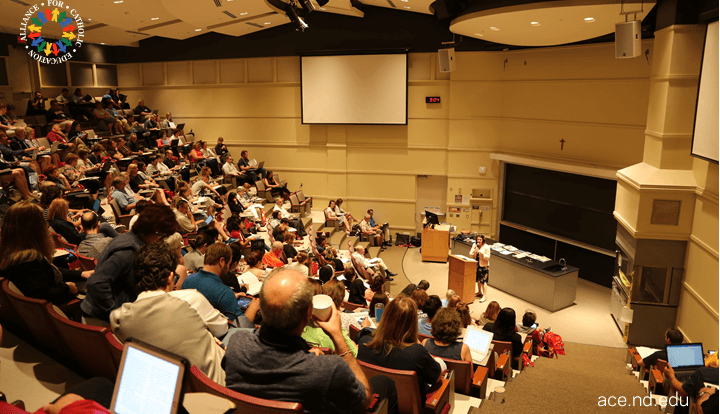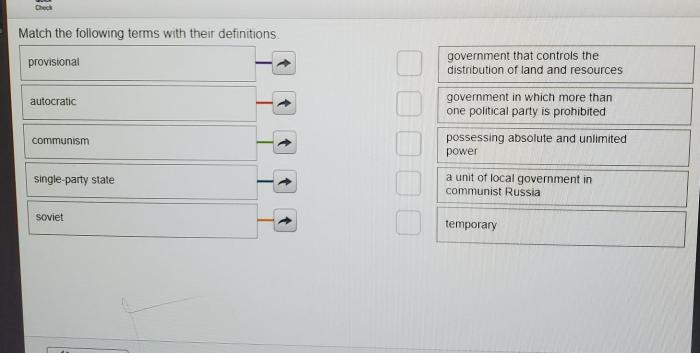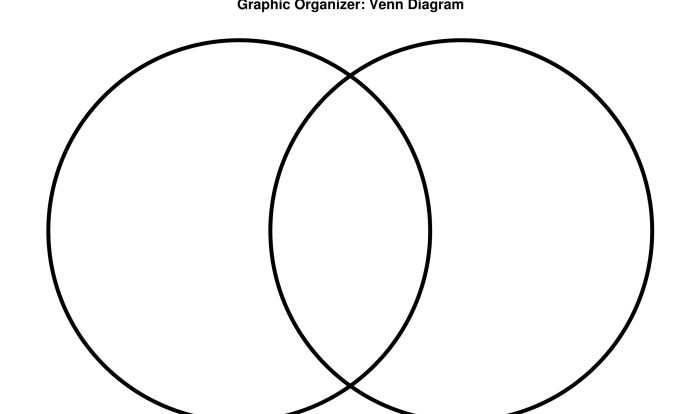Group that meets regularly to practice spelling – Group spelling practice has emerged as a cornerstone of effective literacy instruction. By bringing individuals together to engage in regular spelling practice, these groups foster a supportive environment that enhances both cognitive and social development.
From spelling bees to dedicated clubs, the landscape of spelling groups is diverse, catering to learners of all ages and abilities. Participation in these groups offers a myriad of benefits, including improved spelling accuracy, increased vocabulary, and heightened confidence in written communication.
Introduction
Group spelling practice involves regular meetings where individuals gather to enhance their spelling skills. Such groups provide a supportive environment for participants to improve their accuracy and confidence in written communication. Examples include spelling bees, clubs, and workshops designed specifically for spelling improvement.
Participating in spelling groups offers numerous benefits, including improved spelling accuracy, increased vocabulary, and enhanced critical thinking skills. Additionally, these groups foster a sense of community and provide opportunities for social interaction.
Types of Spelling Groups

| Group Name | Age Range | Meeting Frequency | Focus |
|---|---|---|---|
| Elementary School Spelling Bee | 6-12 years | Weekly | Preparing for spelling competitions |
| Adult Spelling Club | 18+ years | Monthly | Improving general spelling skills |
| ESL Spelling Workshop | Non-native English speakers | Bi-weekly | Enhancing spelling skills for English language learners |
| Corporate Spelling Group | Employees | Quarterly | Improving spelling accuracy in professional communication |
Activities and Methods
- Dictation exercises: Participants listen to words or sentences and write them down accurately.
- Word games: Activities such as Scrabble or Bananagrams challenge participants to form words and improve their spelling.
- Spelling drills: Repetitive practice of common or difficult words to reinforce their correct spellings.
- Peer review: Participants exchange written work and provide feedback on each other’s spelling.
- Technology integration: Spelling apps and online resources provide interactive and personalized practice.
The effectiveness of different approaches varies depending on individual learning styles. A combination of activities and methods is often most beneficial.
Role of the Group Leader
The group leader plays a crucial role in facilitating spelling practice. Effective leaders possess the following qualities and skills:
- Excellent spelling skills
- Strong communication and interpersonal skills
- Ability to create a positive and supportive learning environment
- Knowledge of spelling strategies and methods
Tips for leading a spelling group:
- Establish clear goals and expectations
- Vary activities and methods to maintain engagement
- Provide constructive feedback and encouragement
- Create a collaborative and inclusive atmosphere
Evaluation and Assessment
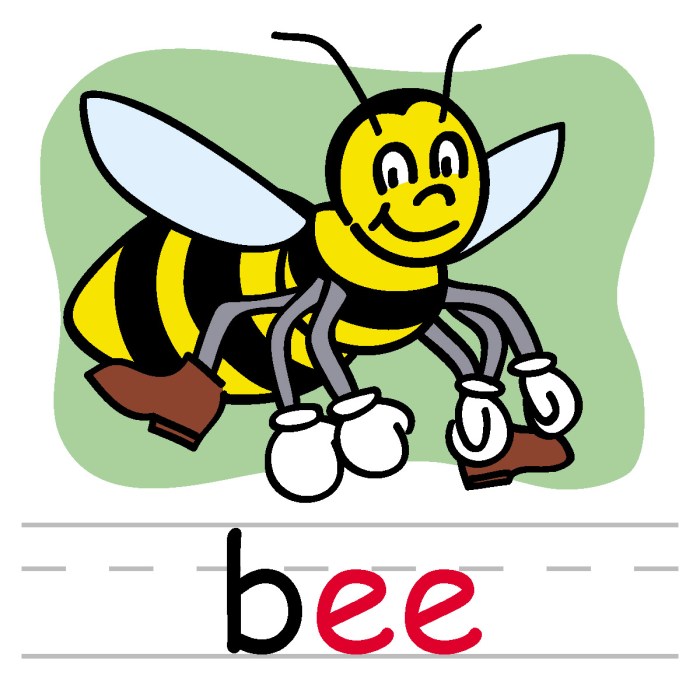
Evaluating and assessing spelling progress is essential to track individual and group performance. Methods include:
- Regular spelling tests
- Portfolio of written work
- Peer evaluations
- Standardized spelling tests (e.g., SAT, ACT)
Assessment results can inform instruction and provide motivation for continued improvement.
Benefits of Group Spelling Practice: Group That Meets Regularly To Practice Spelling
- Improved spelling accuracy and fluency
- Increased vocabulary and word recognition
- Enhanced critical thinking and problem-solving skills
- Development of effective learning strategies
- Increased confidence in written communication
- Opportunities for social interaction and peer support
Research has consistently shown that individuals who participate in group spelling practice experience significant improvements in their spelling abilities.
Challenges and Solutions
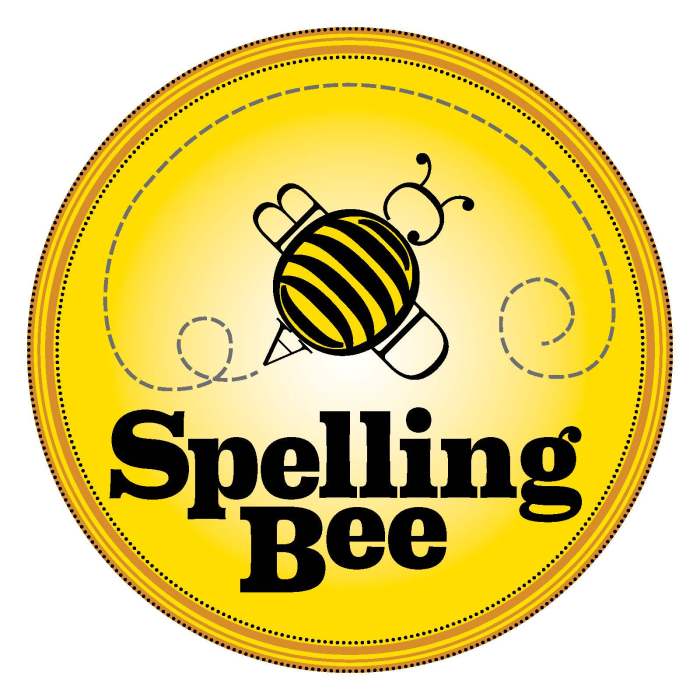
Spelling groups may face challenges such as:
- Varying levels of spelling ability
- Lack of motivation or engagement
- Scheduling conflicts
Solutions include:
- Tailoring activities to different skill levels
- Creating a positive and supportive environment
- Offering flexible meeting times
- Collaborating with other groups or organizations
Overcoming challenges requires collaboration, adaptability, and a commitment to continuous improvement.
FAQ Overview
What are the different types of spelling groups?
Spelling groups vary in their focus, age range, and meeting frequency. Some common types include spelling bees, spelling clubs, and classroom-based spelling groups.
How can I find a spelling group in my area?
Local libraries, community centers, and schools often host spelling groups. You can also search online for groups in your area.
What are the benefits of participating in a spelling group?
Participating in a spelling group can improve spelling accuracy, increase vocabulary, boost confidence, and foster a love of language.
